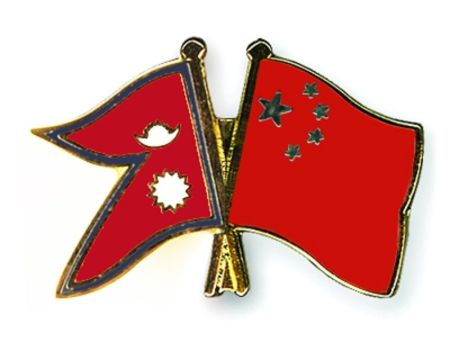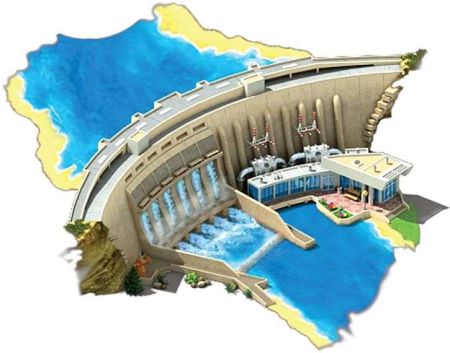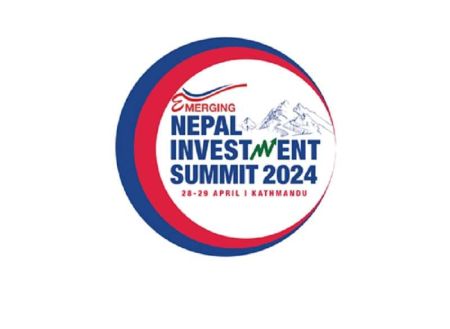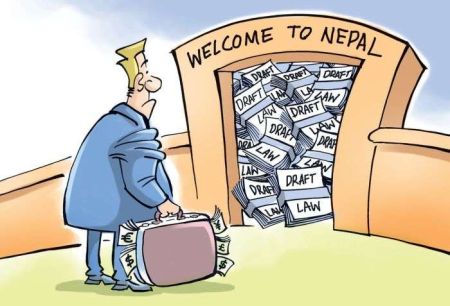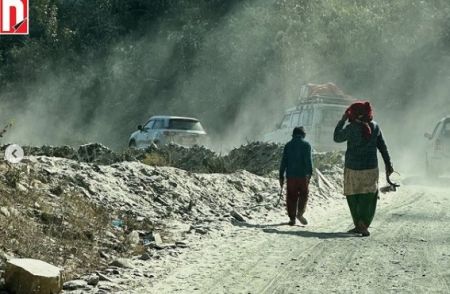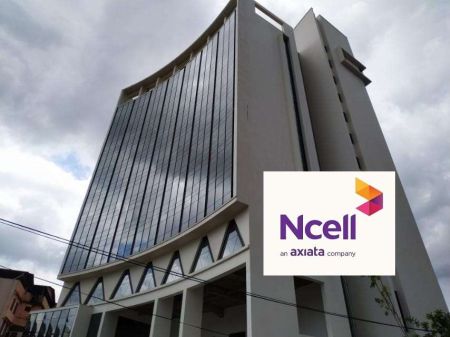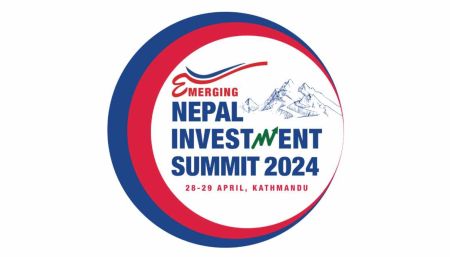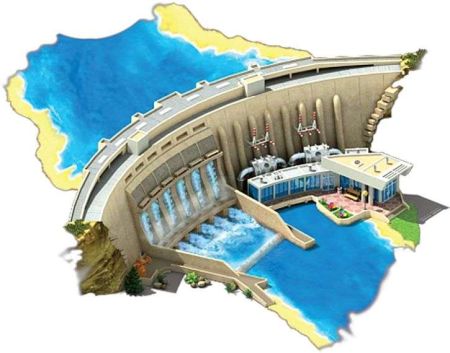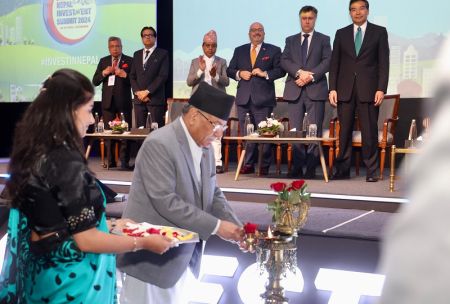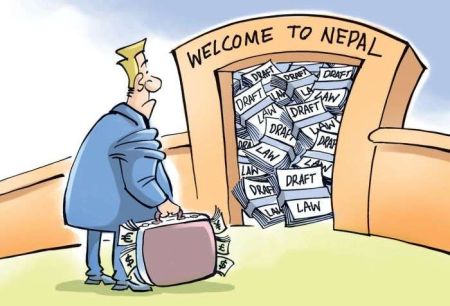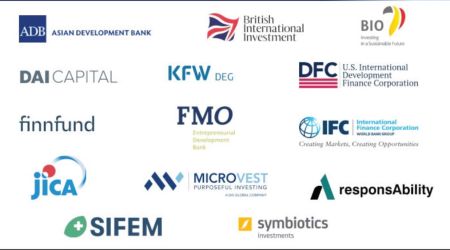Sanju Koirala is the Corporate Communication Manager of Ncell, the largest private sector telecom operator in Nepal. She has been working as Ncell’s Corporate Communication Manager since 2009. Ncell has made a large contribution on developing communication infrastructure all over Nepal. It has increased the base stations by more than six times in the last three years. In an interview with New Business Age, Koirala shared her ideas on the prospects and challenges of developing communication infrastructure in Nepal.
 Ncell has expanded quite fast in a very short period of time in Nepal’s telecom business. How big is the prospect of a further expansion in terms of demand and possible supply of services?
Ncell has expanded quite fast in a very short period of time in Nepal’s telecom business. How big is the prospect of a further expansion in terms of demand and possible supply of services?
When the decision to enter Nepali market was made, one of the top priorities was to develop the mobile telecom market and to become number one within two to three years’ time. Although, the goal was reached way before, that is, by the end of November 2011, Ncell will continue with the same endeavour. We will continue investing in network expansion and new services. In fact, Ncell is at a growing stage and we will continue improving our network quality and capacity. By achieving one target, we have set another one in front of us which is even more challenging. We strive to reach quality to be aligned with TeliaSonera global standards and have an excellence in customer satisfaction. For future investment plans, it means increasing capacity and quality in the existing network, be selective to cover new geographical areas, increase data usage by enhancing data speed, implement new end user services and improve network reliability and robustness. Customers have started to feel the difference among various Nepali telecom operators. They have started to value what it means to have a good voice quality and network coverage, no matter wherever they are. It surprised the customers in 2011 and it will continue to surpass their expectations in 2012. Our actions and work will always pleasantly surprise the customers with excellent quality and new services.
How can the contribution of private sector players be compared to that of government sector in communication infrastructure development? There are allegations of unfair play coming up quite often.
When a private company invests, it always keeps the desirable rate of return in mind. Besides commercial targets, we also have social responsibility targets. Among all possible mobile technologies, Ncell makes the decision as to which technology to trust the most. The return of investment and long term technology sustainability are the main decision making factors. By having set clear rules and regulations regarding usage and fee of frequency spectrum, the government can avoid unfair play. And these rules and regulations shall be applicable for every existing and potential operator in Nepal. Every player expects and should have an equal level playing field in an open and liberal economy.
The cost of building infrastructure is very high. How satisfactory are the rate and time-window of return?
Geographical terrain, lack of transportation, power outage and shortage of skilled manpower makes investment in infrastructure a costly proposition. We are also aware of the people’s spending power, with low level income; gestation period is bound to increase. It is now at an acceptable level taking into account the revenue from voice and value added services. In my opinion, the market is still developing. When we look from mid and long term perspectives, it’s important not to start a price war among operators and avoid regulatory imposed tariffs. Both of these are short term strategies and if wrongly applied, can impact severely on future investment and quality. It does not necessarily mean that the tariffs on services will not decrease but it will be based on the economy of scale and in a planned way. Everyone has to remember that an operator’s ultimate goal is long term sustainable profitability and every wrong decision has an adverse affect on investment and services.
Do you see the possibility of sharing the same infrastructure by other companies of the same nature? Do you think this will reduce the cost of service expansion?
It is possible, but cost sharing and cost bearing business dealing should not be dictated by the government. It should be a business to business decision to have a positive impact as well as in expansion and cost of service.
The NTA has not given permission to share certain resources between telecom operators?And, particularly optical fi bre that is being used by NTC is not shared with other companies. How do you view this?
This is one of the most challenging issues because pricing scheme has to be defined and NTA has no information about real and specific costs that are different among various operators. In fact, Ncell is leasing the required bandwidth from NTC and NEA. However, it’s not easy to get into an agreement with government-owned companies. First of all, there should be a display of interest by the first operator to share it based on their interest to get opportunity to share similar bandwidth in other directions where they don’t have it yet. Thus, it should be based on mutual interest rather than forced and imposed regulations.
What are the challenges and problems in developing infrastructure?
Getting required permission from different government bodies is a difficult task. And it does get worse when people demand for road, electricity supply and many other things. Besides that, in network rollout, one of the most challenging factors is availability of power. If the rest can be agreed and aligned by changing regulations, making clear and understandable rules and fees, shortage in power will remain for years. This is also related to the government plans to provide sufficient electricity even for households in the cities and remote areas. We are not sure if NTA has any plans on the level of energy requirements for the next five to 10 years. No one has really asked us about expected energy requirements for the Ncell network in the coming years. Therefore, we need to rely only on a backup solution based on diesel generators. That, for sure, has an adverse effect on network running costs and ecology.
What are your expectations from the government about supporting the development of communication infrastructure? Has the government done enough to develop the basic infrastructures?
A concise general plan for developing the mobile, fixed and broadband services in Nepal is required. If we look around the Asia Pacific region, every country has imposed different principles. And here, challenges come from the fact that there are no less common principles even within the region. Thus, it brings complexity for the NTA and requires assessment of existing status, plans and changes as required. It also requires expertise and consultancy from GSMA (GSM Association) as well as bringing the local operators together in one working group. RTDF (Rural Telecom Development Fund) could be used for optical fibre and for other facilities. For example, equipments and construction material for infrastructure customs and other taxes can be reduced, failing which, it will increase the investment resulting in costlier airtime for mobile phone users.






